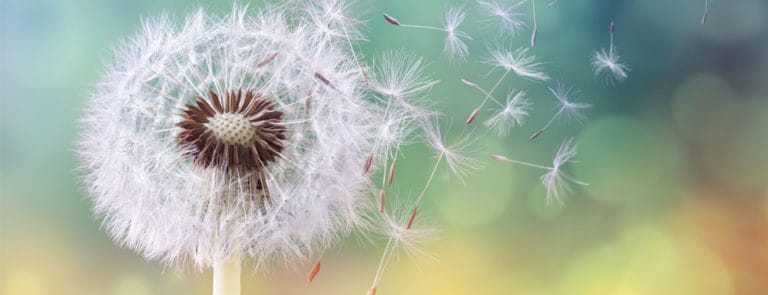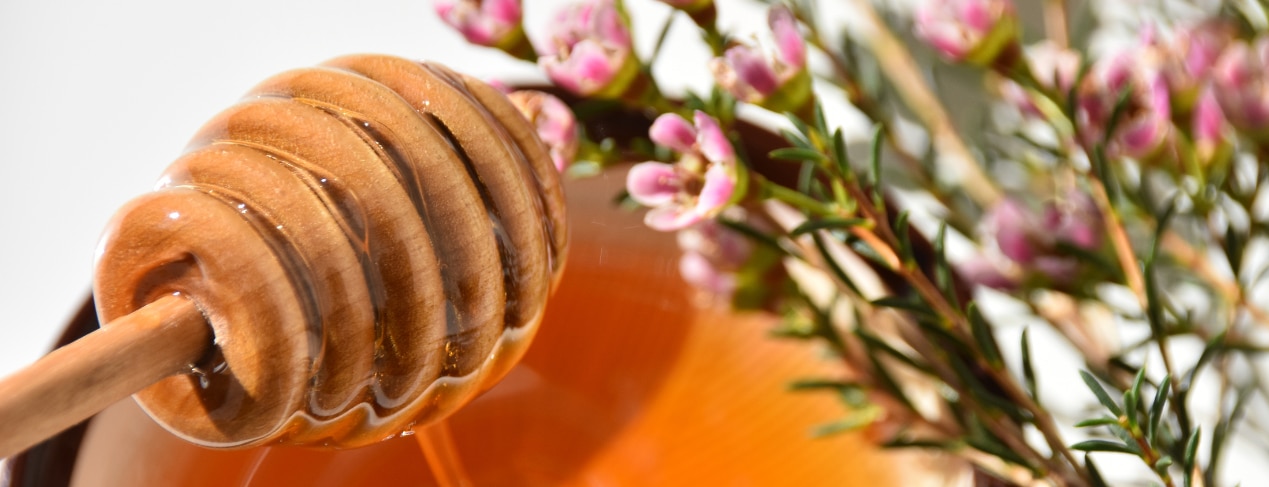Don’t let sore eyes and sneezes dominate your day – stop pollen in its tracks.
If you’re one of the 18 million people in the UK who has hay fever, you might dread summer. A survey by Allergy UK found 89% of people with hay fever said their daily routines were affected by their symptoms, while 87% said they resulted in sleepless nights.
Typical symptoms include:
- Sneezing
- Itchy, red and watery eyes
- Runny or stuffy nose
- Headaches
- Earaches
- Sore throat
- Loss of smell
- Itchy nose, mouth throat or ears
- Tiredness or fatigue
- Feeling generally unwell
Complications include:
- Sinusitis
- Ear infections
- Asthma (in those already prone)
Understanding allergies
An allergic reaction happens when your body’s immune system overreacts to something (an allergen) it perceives as a threat. It releases chemicals including histamine, designed to stop the spread of an infection, and it’s these that cause your unwanted symptoms.
Seasonal allergy rhinitis
Seasonal allergic rhinitis (the medical name for hay fever) is a common allergic condition that affects one in five people. It’s caused by an allergic reaction to pollen – the fine powder released by plants during their reproductive cycle. The proteins in pollen are the allergen, and when they come into contact with the cells that line your mouth, nose, eyes and throat, they can irritate and inflame them and trigger an allergic reaction.
The pollen season
The hay fever season can run from early spring to late autumn and how and when you’re affected will depend on which type of pollen you’re sensitive to and to what degree. Many people are allergic to more than one type.
Tree pollen season starts as early as the end of February and lasts until May.
Grass is the major allergen in the UK. The grass pollen season lasts from May to early September.
Weed pollen and fungal spores follow the grass pollen season and can last months
Conventional treatment
If your allergy symptoms interfere with your daily life, your doctor or pharmacist may suggest antihistamines (these help prevent the allergic reaction) and corticosteroids, which help reduce inflammation. They can be taken as tablets, nasal sprays or eye drops. Allergy specialists advise being proactive and using such medications before symptoms start, at the beginning of the season, and daily thereafter.
For people with severe and persistent hay fever, immunotherapy involves being exposed to small amounts of pollen over time, to increase resistance to its allergic effects.
Natural prevention
Monitor the pollen count
This is given daily on TV or in online weather reports and is easily found on the Met Office website (www.metoffice.gov.uk/public/weather/pollen-forecast). Use this to help you avoid peak hay fever trigger times (a high pollen count is over 50), or take your remedies at the right time.
Minimise exposure to pollen
Wear sunglasses and tie your hair back when outside, or stay indoors, close windows and turn fans off. Asking all the family to change clothes and shower when they come in from outdoors can reduce pollen that comes into the home on hair and clothing (and pets). Vacuum and dust regularly.
Use a balm
Applying a balm all around your nostrils and eye sockets helps catch pollen before you can breathe it in or it gets in your eyes. One organic balm, based on sunflower oil and beeswax, was proven to trap over a third of pollen grains before they entered the body. In a 2016 Allergy UK survey, 80% of those who tried the balm, found it relieved symptoms.
Alternative relief
Herbal and nutritional remedies that may help to relieve seasonal allergy include:
Nettle tea contains a synergy of vitamins and minerals that can help to relieve symptoms such as a stuffy nose, itchy eyes, coughing and sneezing.
Vitamin C has beneficial immune supporting and antioxidant properties
Quercetin is a powerful antioxidant compound found in plant foods including leafy greens, tomatoes, berries and broccoli. Studies have shown quercetin supplements to be effective at fighting allergy, with no side effects.
Bromelain is an enzyme found in pineapple, that works in synergy with quercetin. Studies have shown it can help balance an over-sensitive immune system and reduce allergic sensitisation.
Inhaling with a dry-salt pipe for 10-25 minutes daily may help cleanse and clear allergy-related mucous, optimising respiratory function.
There’s anecdotal evidence that eating locally produced honey helps relieve hay fever. The same may be true for bee pollen supplements.
Handpicked content: 3 surprising reasons you really need vitamin C
Advice is for information only and should not replace medical care. Please consult a doctor or healthcare professional before trying any remedies.
Shop our
Vitamins & Supplements range.
Sources
https://www.ncbi.nlm.nih.gov/pubmed/21625024
https://www.ncbi.nlm.nih.gov/pubmed/21625024




